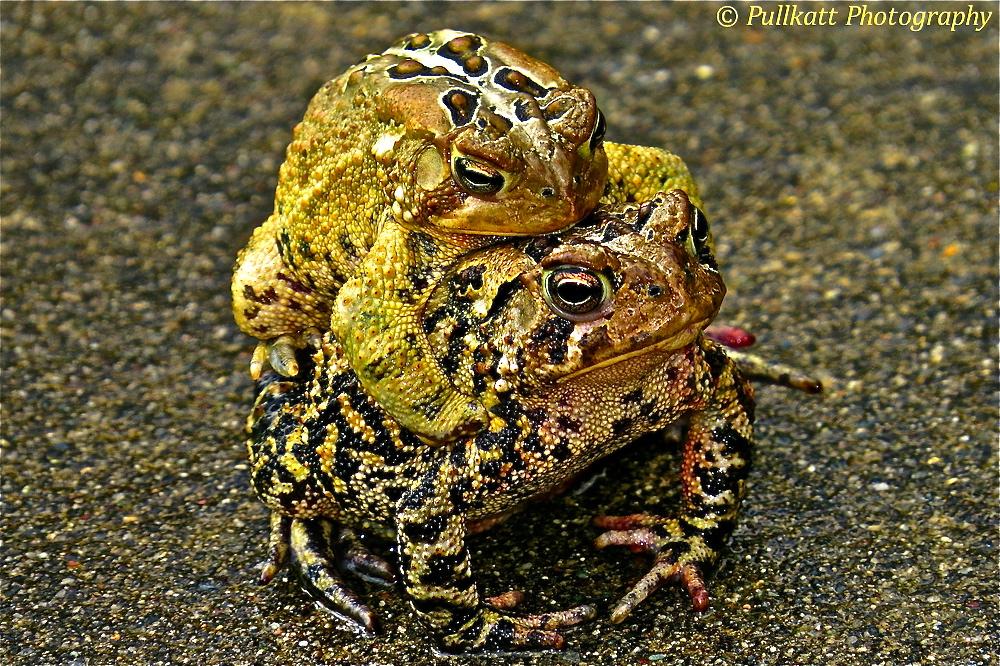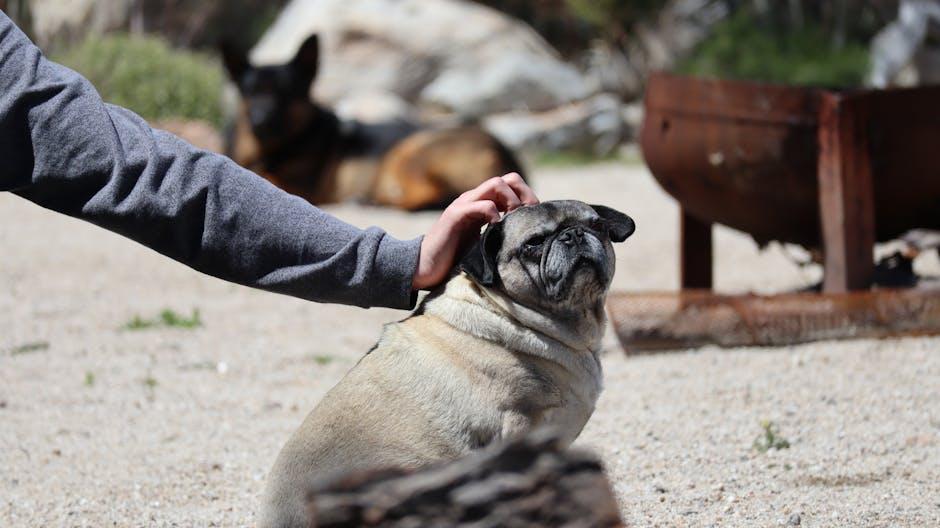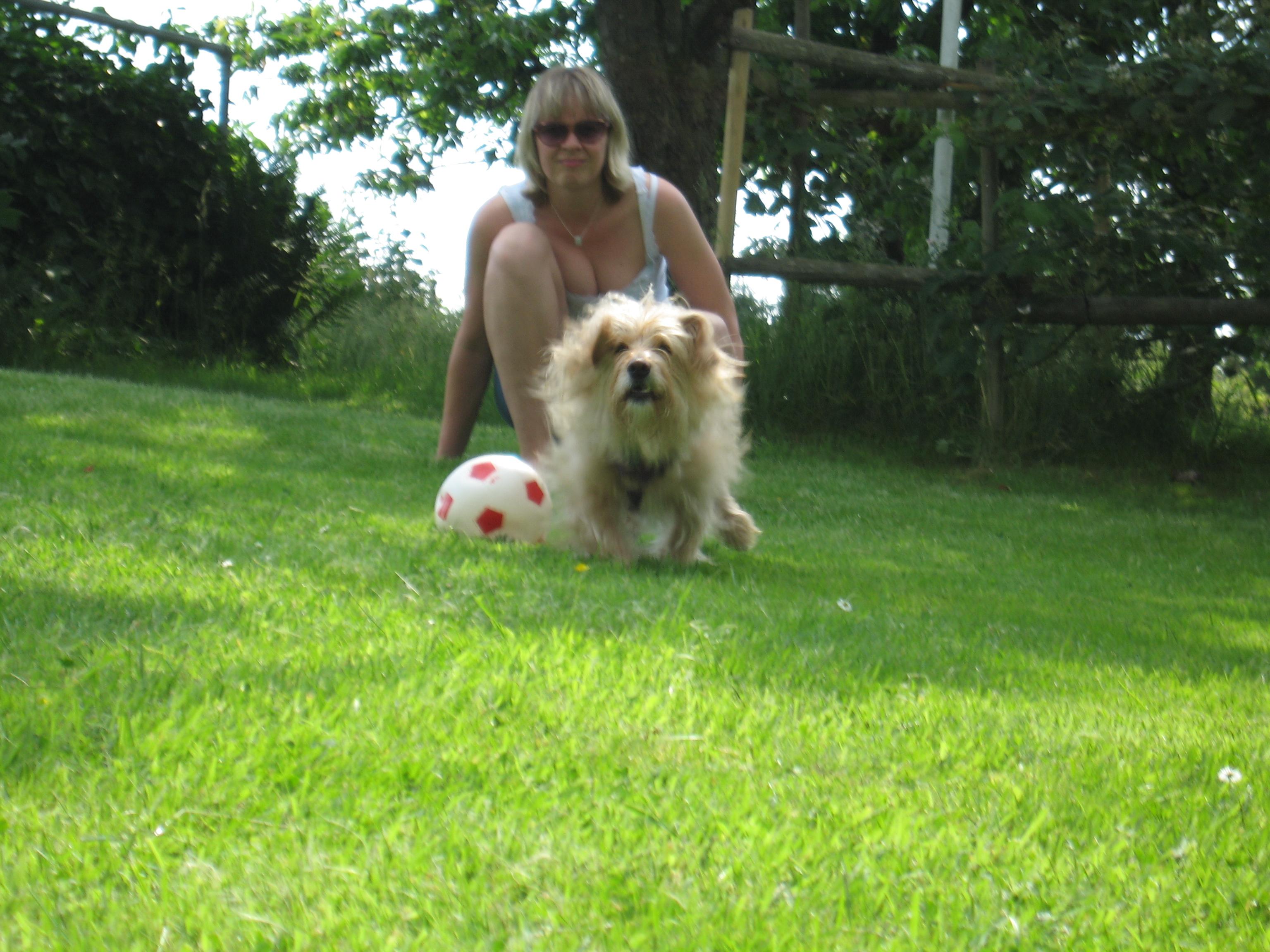The Cognitive Process Behind a Pet’s Memory and Recall Abilities

Have you ever wondered how your dog remembers the route to the park or why your cat knows exactly when it’s time for dinner? The fascinating world of a pet’s memory and recall abilities is much more complex than it might seem at first glance. While pets may not possess the same cognitive capabilities as humans, their memory processes are uniquely adapted to their needs and environments. In this article, we’ll delve into the cognitive mechanisms that underpin how pets remember and recall information, exploring the science behind their impressive ability to learn, adapt, and thrive. Whether you’re a curious pet owner or simply intrigued by animal behavior, join us on this journey to uncover the secrets of your furry friend’s mind and gain a deeper understanding of the incredible cognitive world they inhabit.
Understanding How Pets Store Memories
When it comes to understanding how our furry friends remember past events, it’s fascinating to explore the mechanisms behind their cognitive abilities. Pets, much like humans, rely on a combination of sensory experiences and emotional responses to store memories. Dogs, for instance, use their remarkable sense of smell to associate specific scents with past events, while cats often rely on visual and spatial cues. Unlike humans, pets do not have episodic memory, which means they may not recall specific events but rather the emotions or reactions associated with them.
Key factors influencing a pet’s memory include:
- Repetition: Repeated exposure to a particular event or command enhances a pet’s ability to remember it.
- Emotional impact: Events that evoke strong emotions, whether positive or negative, are more likely to be remembered.
- Reward systems: Positive reinforcement through treats or praise can significantly improve memory retention.
- Social interactions: Engaging with other animals or humans can also play a crucial role in memory development.
Understanding these factors not only helps in training and bonding with our pets but also provides insights into their unique world, where memories are built through a blend of senses and emotions.

Exploring the Factors That Influence Recall in Animals
- Genetic Makeup: The recall ability in animals is heavily influenced by their genetic predisposition. Certain breeds of dogs, for example, are renowned for their exceptional memory and problem-solving skills. This genetic advantage can manifest in their ability to remember commands, recognize familiar faces, or even locate hidden objects. In contrast, some animals may naturally have a less developed memory, affecting their recall capabilities.
- Training and Environment: The environment in which an animal is raised and trained plays a crucial role in shaping its memory and recall abilities. A stimulating environment, rich with varied experiences and consistent training, can enhance cognitive functions. Positive reinforcement techniques, such as treats and praise, can further cement memories and improve recall. Conversely, a lack of mental stimulation or inconsistent training can hinder an animal’s ability to remember and respond to cues.
- Emotional Connection: Just like humans, animals form emotional bonds that can significantly impact their memory. A strong emotional connection with their owner or caregiver can enhance an animal’s ability to remember them, even after long periods of separation. This emotional attachment can also aid in the recall of specific commands or routines associated with the person they are bonded with.
- Health and Age: An animal’s overall health and age are pivotal factors in their memory retention. Younger animals typically exhibit better recall abilities, which may decline as they age. Health conditions such as cognitive dysfunction syndrome in older pets can lead to memory loss, much like dementia in humans. Regular veterinary care and mental stimulation can help mitigate these effects and support memory retention.

Practical Tips to Enhance Your Pets Memory
Enhancing your pet’s memory can be both fun and beneficial for their overall well-being. One effective way to boost cognitive abilities is through interactive play. Engaging your pet in games that require problem-solving or memory recall can significantly sharpen their mind. Puzzle toys and hide-and-seek games are excellent tools to stimulate mental activity, offering challenges that require them to remember and locate hidden treats or toys.
- Consistency is key: Establish a routine with regular play sessions to reinforce learning and memory.
- Variety of activities: Rotate toys and introduce new games to keep their interest piqued.
- Positive reinforcement: Reward successes with treats or affection to strengthen memory associations.
Another practical tip is to incorporate training sessions into your daily interactions. Teaching new tricks or commands not only improves obedience but also enhances memory retention. Start with simple commands and gradually increase complexity as your pet becomes more proficient. Remember, patience and positive reinforcement are crucial to create a supportive learning environment that fosters cognitive growth.

The Role of Training in Strengthening Pet Recall Abilities
Training plays a pivotal role in enhancing a pet’s ability to remember and respond to commands. By engaging in consistent and positive training sessions, pet owners can significantly boost their furry friend’s cognitive capabilities. This process not only strengthens the bond between the pet and the owner but also enhances the pet’s ability to focus and recall important cues. Through the use of rewards and reinforcements, pets learn to associate specific actions with positive outcomes, thus improving their recall abilities.
- Consistency: Regular training sessions help reinforce memory pathways in pets, making recall more reliable.
- Positive Reinforcement: Rewarding pets for successful recall creates a positive association with the command, encouraging repetition.
- Variety of Techniques: Incorporating different training methods keeps pets engaged and helps them generalize recall abilities across various situations.
By incorporating these elements into training routines, pet owners can create a structured learning environment that enhances their pet’s cognitive functions, ensuring that commands are not only learned but retained over time.



